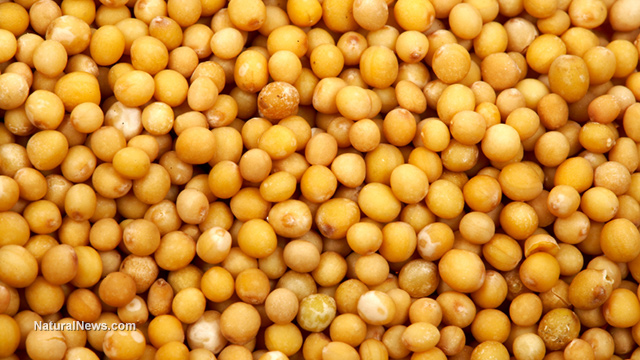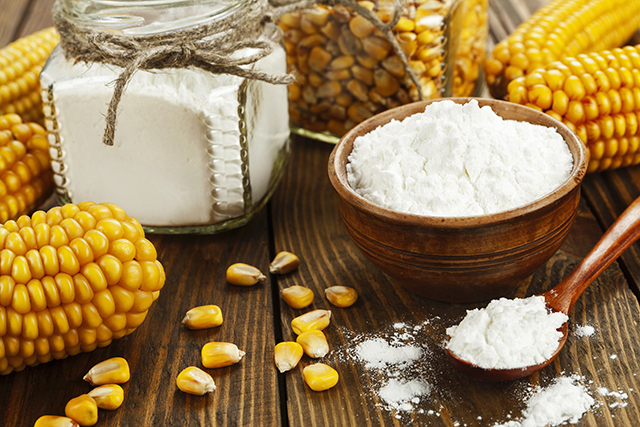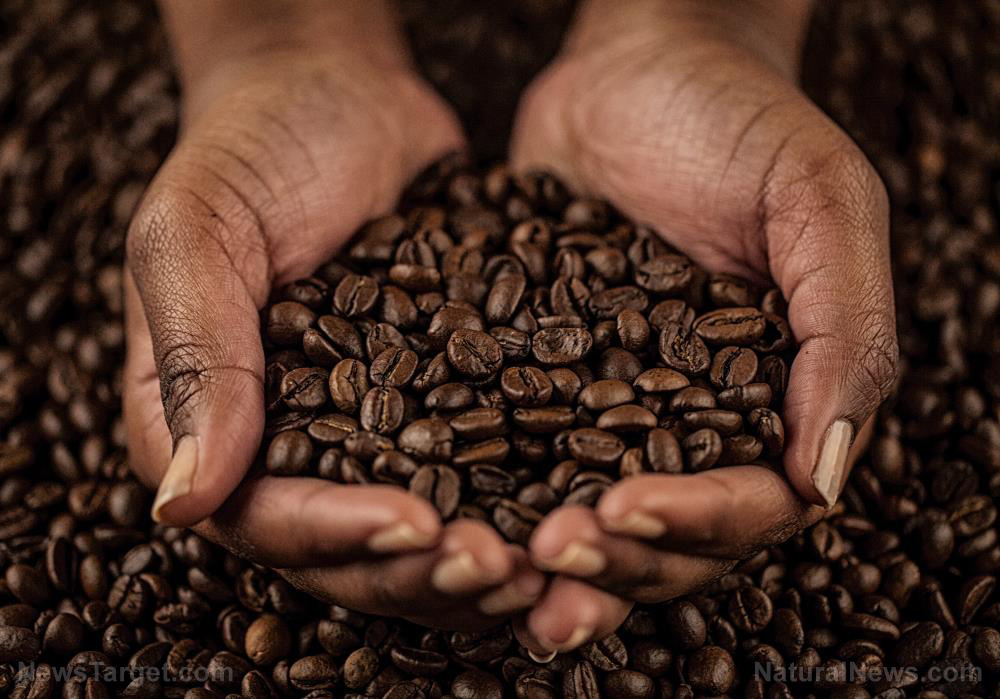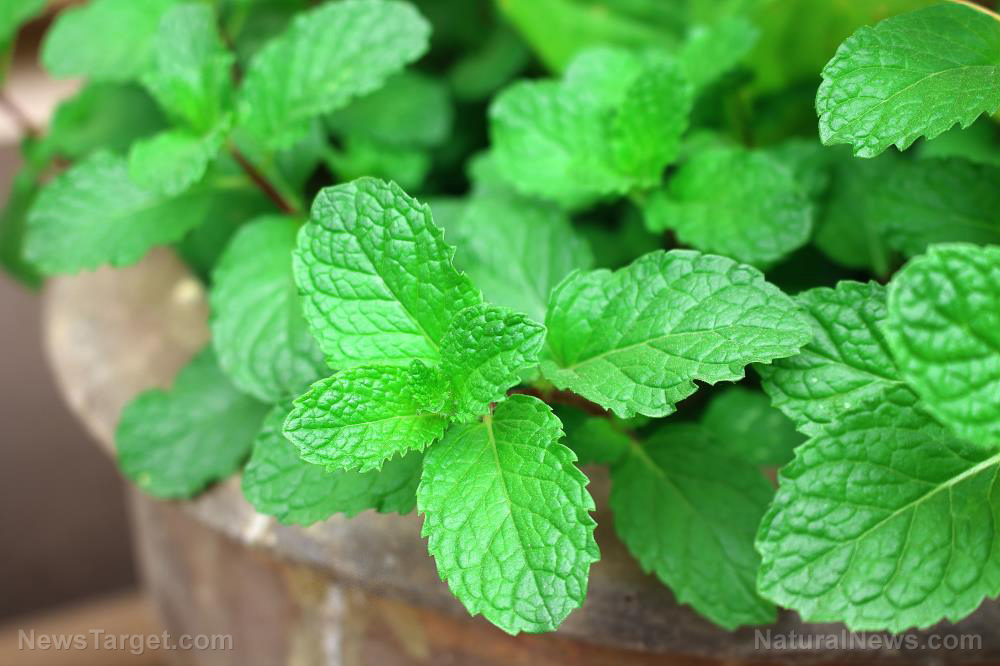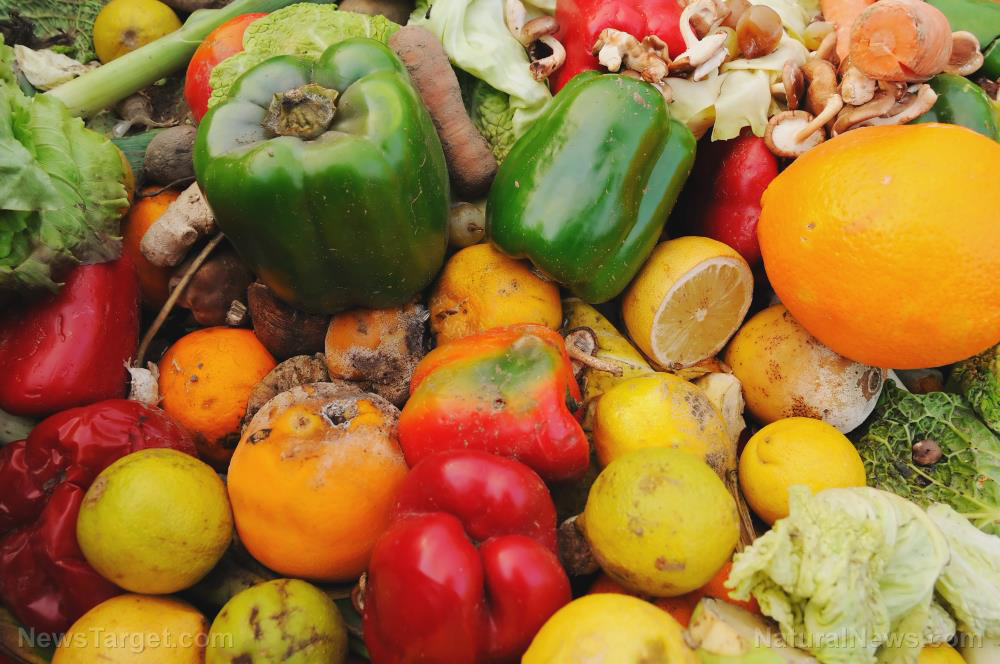Another reason to grow organic: Plants grow healthier and have a higher nutritional value
09/26/2018 / By Ellaine Castillo
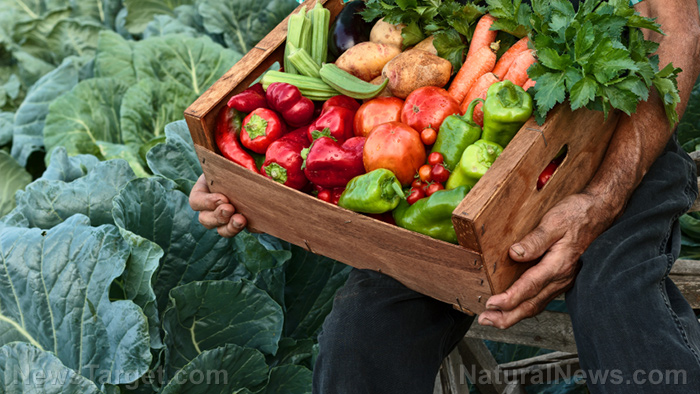
A recent study has revealed that organically treating soil will improve its biochemical quality and make it more sustainable in the long run. The study, published in the Archives of Agronomy and Soil Science, made use of a field experiment to compare organic and conventional farming. Comparisons were done based on onion yield, biochemical quality, soil organic carbon (SOC), and microbial population after their sixth cropping cycle.
Unlike conventional farming, organic farming eliminates the use of toxic synthetic products, such as fertilizers and pesticides. It relies on more ecologically balanced principles to keep the land fertile and suitable for planting. These include methods such as crop rotation, composting, and the addition of manure.
Shifting to organic farming benefits everyone in the community, from the farmers to the consumers, to the environment. It reduces the harmful side effects that are linked to the use of synthetic fertilizers and pesticides. Existing studies have already shown that organic farming is superior to conventional farming but currently, organic farming is being practiced in only 162 countries. This encompasses only 0.86 percent of the total agricultural land.
In this study, six setups were used, one corresponding to each type of organic treatment and another to serve as the control setup (conventional farming). The organic treatments used are as follows: farmyard manure (FYM), poultry manure (PM), vermicompost (VC), neem cake (NC), and a combination of all four. Meanwhile, the control setup made use of fertilizers with chemical plant protection and weed management measures.
Results showed that the yield for organically treated setups for six years was 24.6 to 43.6 percent lower compared to the control setup. In addition to this, no significant difference could be observed in the bulb yield for FYM, PM, and VC treated soil. The reduction in yield could be attributed to a mismatch between nutrient release, nutrient demand, and plant nutrient concentration. Although the yield for organic farming was lower, according to the researchers, this could be “compensated with a premium price available for the organic produce in the market.”
The study also revealed that the nutritional value of the onions that grew under organic treatment was higher. Bulbs that grew in FYM, PM, and VC-treated soil contained more total phenol, total flavonoid, ascorbic acid, and quercetin-3-glucoside than the control. This increase is beneficial to consumers since the aforementioned components are all known for possessing antioxidant properties.
It was also observed that all five organic setups exhibited an increase in SOC, microbial population, fungal-to-bacterial ratio, and dehydrogenase activity. Based on this, it can be said that the increase in SOC provided microbes with favorable living conditions that led to their increase in population.
Fungal-to-bacterial ratio and dehydrogenase activity serve as indicators of soil quality and sustainability. The increase in these two factors shows that there is an improvement in soil quality and sustainability brought about by organic treatment. On the contrary, it was observed that the control setup experienced a decrease in soil microbial population and fungal-to-bacterial ratio, proving that conventional farming is less sustainable. (Related: Seven key ways organic farming is superior to industrial agriculture.)
Overall, the results of the study show that there are many advantages to organic farming. Not only will organic farming be safer for everyone, crops will also be more nutritious and farming would also become more sustainable.
Learn more about organic farming by visiting CleanFoodWatch.com today.
Sources include:
Tagged Under: agriculture, clean food, conventional farming, green living, organic farming, organics, sustainable living


